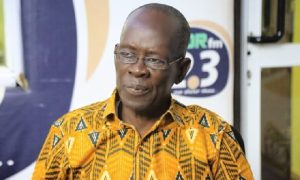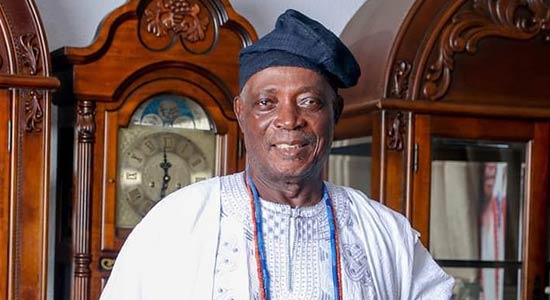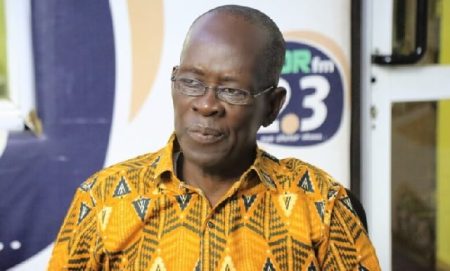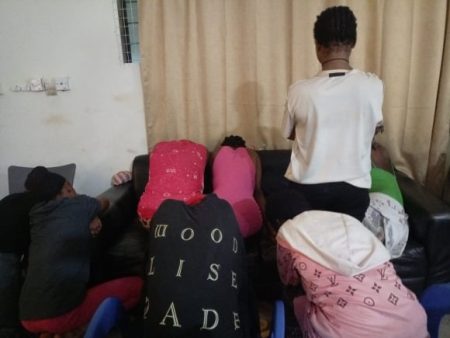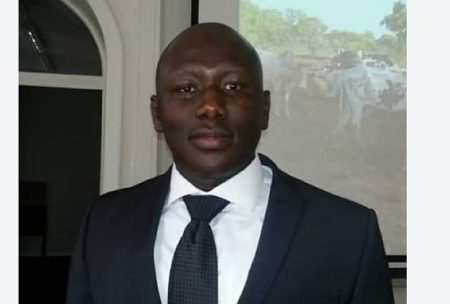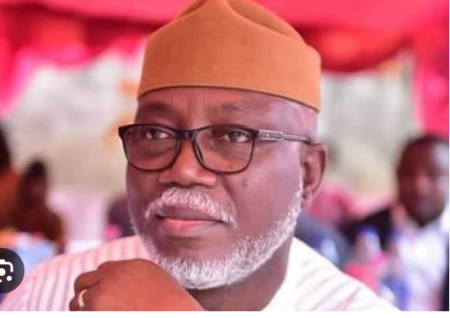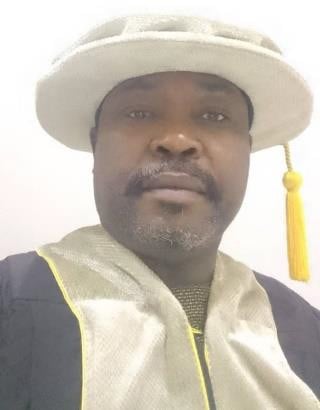Paragraph 1: The Unanimous Nomination of a Former Governor
On Monday, July 15, 2025, the Olubadan-in-Council, the traditional governing body responsible for the selection of the Olubadan of Ibadanland, convened at the new Olubadan Palace in Oke-Aremo, Ibadan North Local Government Area of Oyo State. Their purpose was to nominate a successor to the late Oba Owolabi Olakulehin, who passed away on July 7, 2025. The council, composed of high-ranking chiefs, unanimously endorsed former Oyo State Governor, Oba Rashidi Ladoja, as the Olubadan-designate, marking a significant development in Ibadan’s traditional leadership. Ladoja, though absent from the meeting, was chosen to become the 44th Olubadan, pending the formal ratification of the Oyo State Governor, Seyi Makinde.
Paragraph 2: The Traditional Succession Process and the New Olubadan Palace
The nomination of Oba Ladoja adhered to the established traditions of Ibadanland. The Balogun of Ibadanland, Oba Tajudeen Ajibola, formally nominated Ladoja, a motion seconded by the new Otun Olubadan of Ibadanland, Oba Eddy Oyewole, the same position Ladoja held prior to his nomination. The significance of the occasion was amplified by the fact that this was the inaugural nomination meeting held at the new Olubadan Palace in Oke-Aremo, a departure from the traditional venue at the old palace in Oja’ba. The unanimous decision by the council members was seen as a testament to Ladoja’s stature and suitability for the paramount role.
Paragraph 3: Seeking Gubernatorial Approval and the Timeline for Installation
Following the council’s decision, the next step in the process is the official confirmation by Governor Seyi Makinde. The council will forward their resolution to the governor, who holds the authority to ratify the nomination and set a date for the formal presentation of the staff of office to the new Olubadan. While the exact date remains to be determined, it is anticipated that the governor will act swiftly, as acknowledged by Oba Ajibola, who stressed the importance of not leaving the Olubadan stool vacant for an extended period. Given the recent passing of the late Olubadan and his impending burial, the installation ceremony is unlikely to occur within the same week.
Paragraph 4: The Life and Political Career of Rashidi Ladoja
Rashidi Ladoja, born on September 25, 1944, in Gambari village near Ogbomoso, boasts a distinguished background in both education and politics. After completing his secondary education at Ibadan Boys High School and Olivet Baptist High School, he pursued a degree in Chemical Engineering at the University of Liège in Belgium. His political career reached its pinnacle when he was elected Governor of Oyo State in May 2003 under the Peoples Democratic Party (PDP) banner. His tenure, however, was marked by a controversial impeachment in January 2006, a decision later overturned by the Supreme Court in December 2006, allowing him to complete his term in May 2007.
Paragraph 5: Ladoja’s Journey Through the Traditional Hierarchy
Even before his governorship, Ladoja was involved in Ibadan’s traditional chieftaincy system. His journey towards the potential title of Olubadan has been a gradual ascension through the ranks of the traditional hierarchy. In August 2024, he accepted the ceremonial beaded crown as the Otun Olubadan, a crucial step under the revised chieftaincy declaration, signifying his eligibility to ascend to the Olubadan title. This acceptance demonstrated his commitment to the traditions of Ibadanland and paved the way for his current nomination as the Olubadan-designate.
Paragraph 6: The Significance of Ladoja’s Potential Kingship
The potential ascendance of Rashidi Ladoja to the throne of Olubadan represents a convergence of his political and traditional experiences. His governorship provided him with valuable administrative and leadership skills, while his embrace of the traditional chieftaincy system demonstrates his respect for cultural heritage. Should Governor Makinde ratify the council’s decision, Ladoja’s reign as the 44th Olubadan promises a unique blend of modern political acumen and traditional wisdom, poised to shape the future of Ibadanland. His background, combined with the unanimous support from the Olubadan-in-Council, suggests a leadership focused on both preserving tradition and navigating the complexities of contemporary governance in Ibadan.


